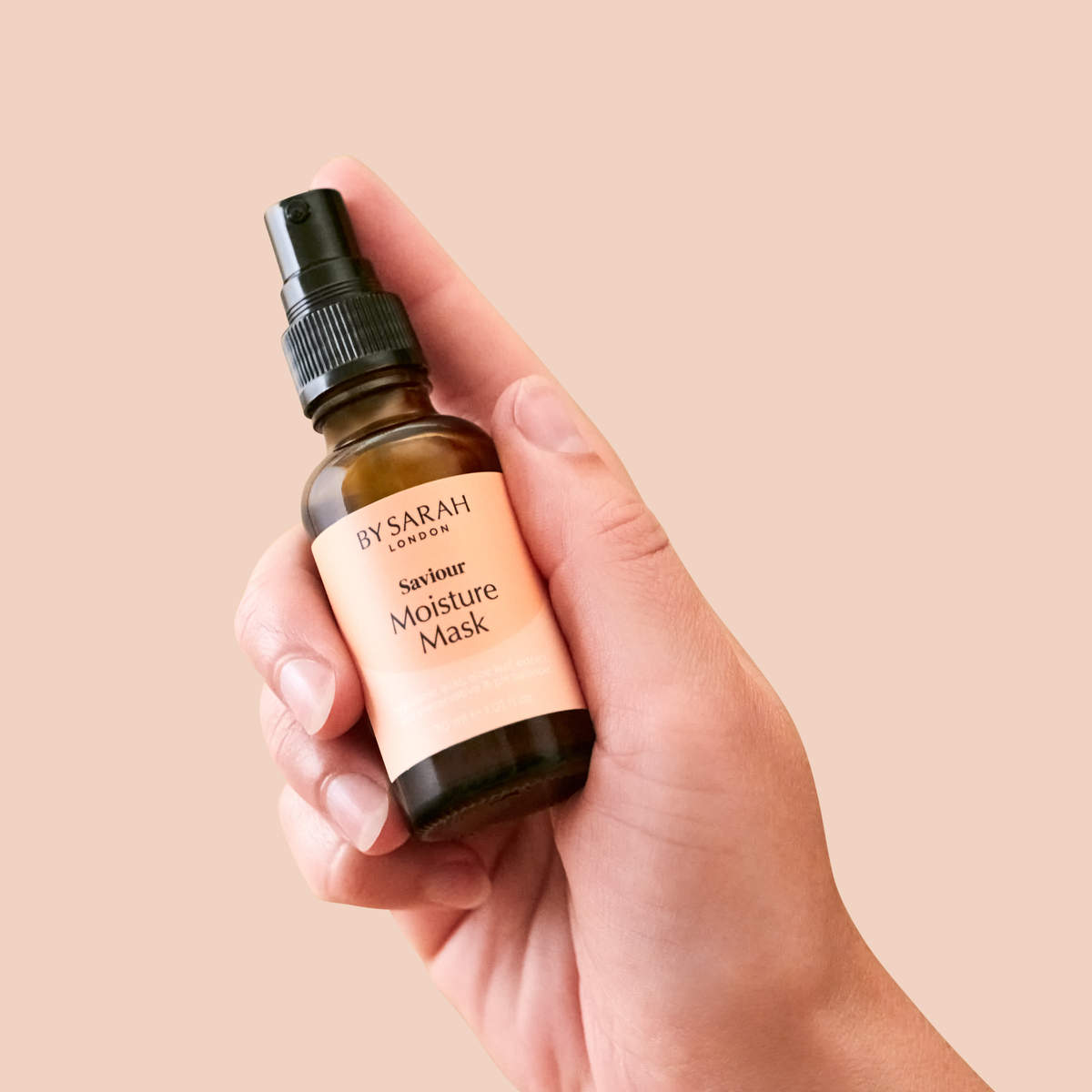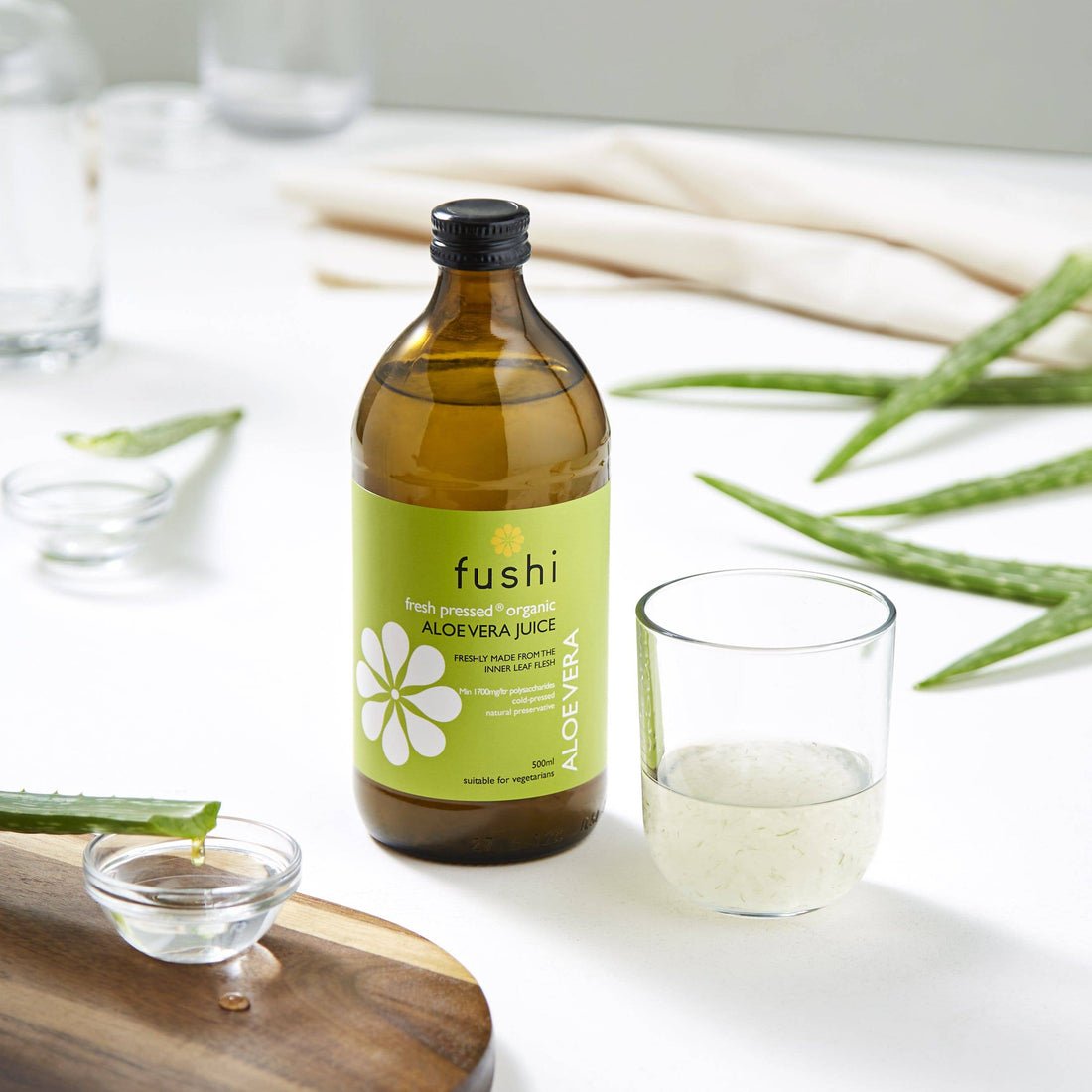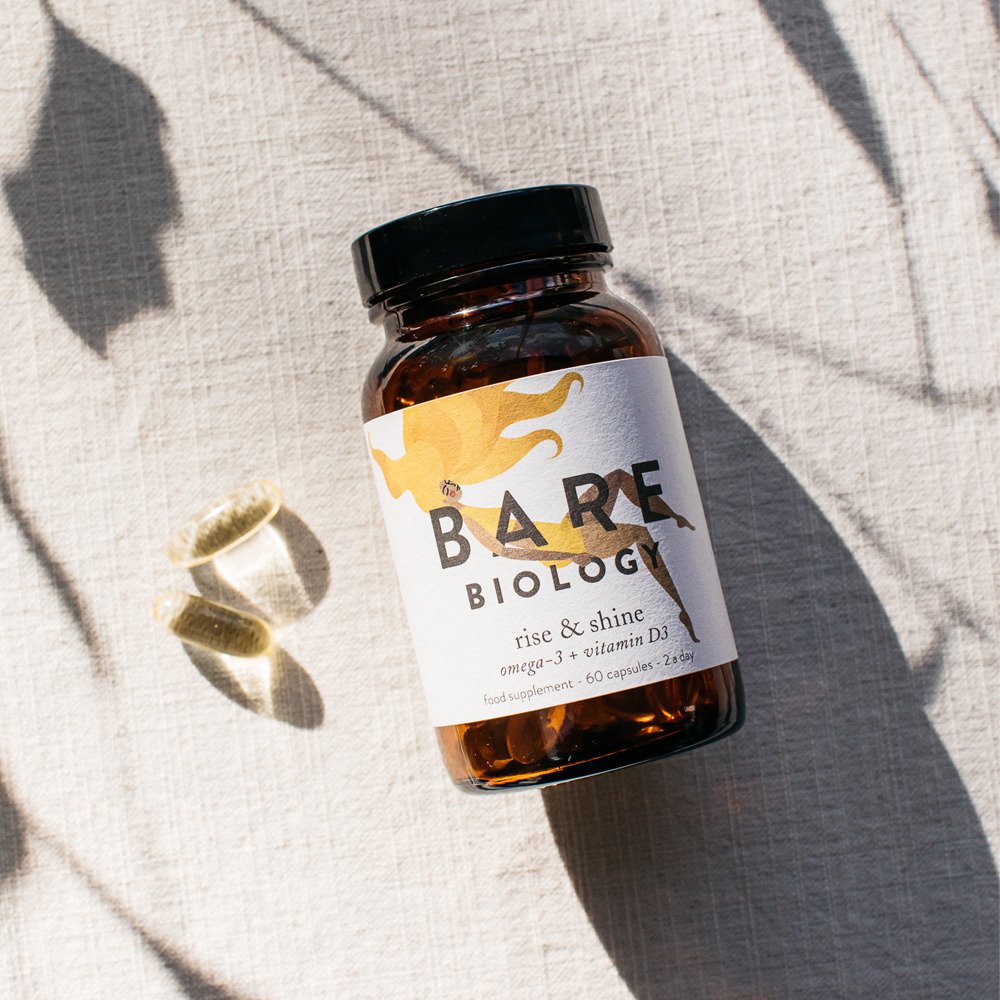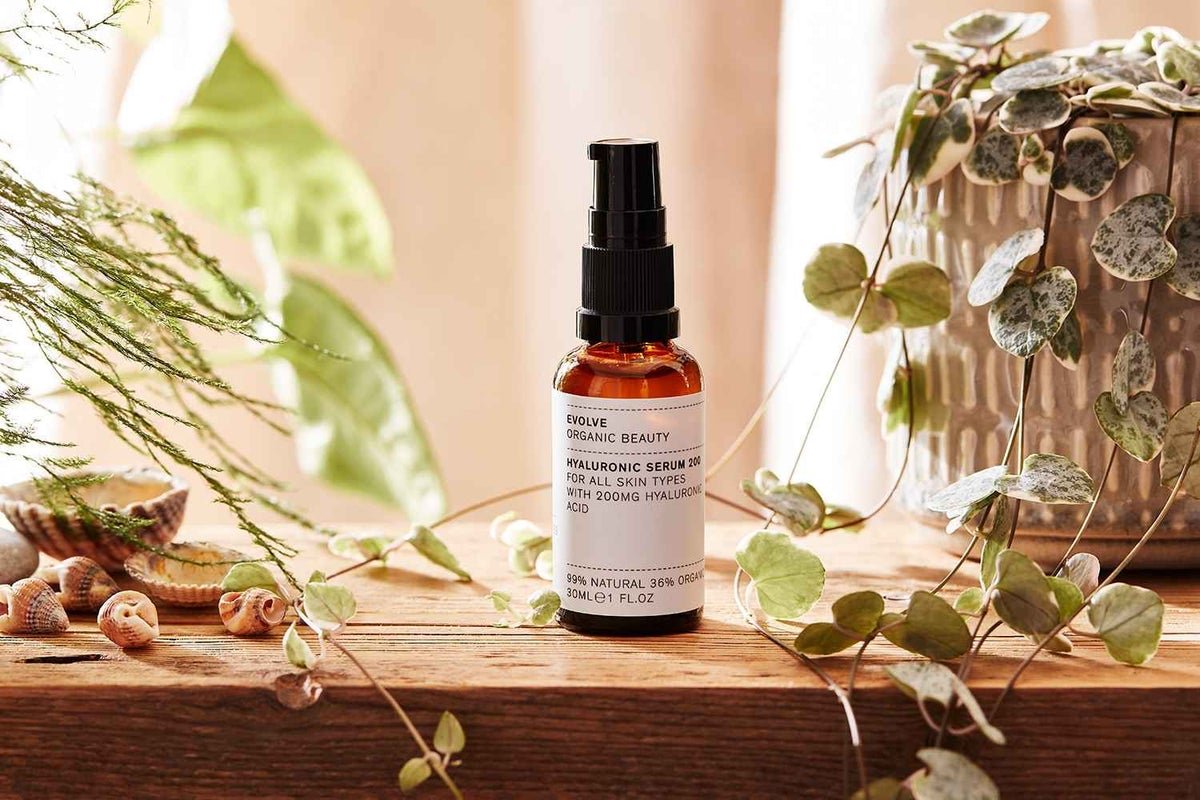Combating Dry ‘SKIN’ January
We're ready to see the back of Dry 'skin' January, but with a freezing February ahead, it there seems no end to our dry skin complaints...
We thought we saw the end of the dry hands and cracked skin at the beginning of the pandemic, but recently more of us have been experiencing this complaint x100 & this time it's not just our hands.
Why is my skin dry?
We've upped the central heating and are swapping between warm, cosy temperatures to the chilly outdoors which can play havoc with our skin barrier - hello rosacea and skin flushes!
It probably feels like there is no amount of moisturiser that can help keep skin soft, supple, and hydrated, which can become frustrating when you've tried and tested every cream out there - but have you ever stopped and questioned how we can moisturise from the inside out?
As the bodies largest organ, the skin requires multiple vitamins and minerals to enable it to do its job – which is to protect us from external threats and prevent water loss. Nutrients support the skin to create this protective barrier, so ensuring that we are providing the skin what it’s looking for is vital to get the job done properly!
Vitamins for Dry Skin:
Dry skin can be associated with certain nutrient deficiencies including:
Vitamin A
Vitamin D
Vitamin C
Vitamin E
Zinc
Selenium
Omega 3
What to eat for dry skin?
1) First things first - stay hydrated
It seems like the oldest and easiest trick in the book but ensuring that you are drinking enough water throughout the day is the best way to ensure that hydration is reaching the dermal layers of the skin and optimising your detoxification pathways, something I always prioritise with my skin clients.
You can also eat your way to hydration with foods such as cucumber, romaine lettuce, celery and coconut water. But, don’t forget that caffeinated and alcoholic beverages can have the opposite effect and will often lead to inflamed and dry skin.
2) Fish
This is where fatty, oily fish are preferable – research has shown the impact of omega 3 and Vitamin D working together to reduce inflammation often caused by exposure to UV rays in our daily environment. Not to mention the impact of regulating sebum production that establishes a healthy oil level on the skin, something that is often out of balance in psoriasis, dermatitis, eczema and chronic dryness.
3) Nuts and seeds
If you’re not a fish fan or follow a plant based diet, you can also get your omega 3 from nuts and seeds such as walnuts, flaxseeds, sunflower seeds and chia seeds that have the same, and some similar, long-chain polyunsaturated structure as found in oily fish.
Nuts and seeds are also rich in vitamin E - a powerful antioxidant to reduce inflammation and flushing of the skin.
4) A side of Asparagus?
Sauteed, steamed and roasted – asparagus are a powerhouse of nutrients that our liver loves! Nourishing and supporting our liver health is at the heart of our skin health whilst also being rich in vitamin E to improve skin texture with some research showcasing its anti-wrinkle powers too!
5) Avocado
Smash on your toast, blitz into a smoothie or an extra serving of guacamole – the green soft fruit is also a source of healthy fats, so similarly to omega 3 will support healthy oil production of the skin whilst also being rich in magnesium and vitamin E, both powerful co-factors for a healthy skin barrier and combating environmental skin troubles.
6) Sweet Potato
A source of vitamin A to feed the skin barrier and activate specialised pathways that directly affect our skin health whilst protecting and repairing UV damage. You can also include more orange vegetables such as butternut squash, pumpkin, carrots and oranges.
7) Sweet Red Pepper
A nutrient dense source of Vitamin C, an essential vitamin responsible for collagen building of the skin layers whilst instantly hydrating the skin and protecting against harmful UV rays.
8) Aloe Vera
Natures natural moisturiser, this green fleshy plant is rich in vitamins and minerals whilst also having an anti-inflammatory action thanks to its powerful polysaccharide content. Whether you choose to buy the leaf or the fresh pressed juice, your skin and gut will thank you for it. You can also use it topically too – to calm and soothe inflammation!
My dry skin must-haves:
Hyaluronic Acid is naturally made in the gut and is responsible for locking in the moisture in the skin. I have tried and tested many natural serums, but this one is my current fave!
- Neals Yard Vitamin E & Avocado Cream
My go-to night time moisturiser to give my skin that immediate deeply moistruised feeling
My everyday moisturiser that glides on and hydrates under my spf and make up! I always opt for unscented option to prevent irritation
- Miss Organics Floral Touch Organic Lip Balm
A pucker up lip balm that is naturally hydrating and indulgent without leaving an oily residue.
- By Sarah London Saviour Moisture Mask
This is my new favourite moisture mask! It’s literally a BIG glass of water for the skin and I love it
- By Sarah London Hero Face Oil
My go-to way to end a selfcare evening, to lock in the moisture once and for all
- Fushi Wellbeing Aloe Vera Juice - use code ELEANOR20 for 20% off
Soothing, nourishing and hydrating, I take a shot in the morning or add to my smoothie
My two favourite skin nutrients combined in one easy capsule. Vitamin D and Omega 3 basically hold hands and nourish your skin together!
Are you wanting to get to the bottom of your skin conditions? Have you tried everything and want to understand the root cause of your symptoms? Let’s chat and see start your journey today.







